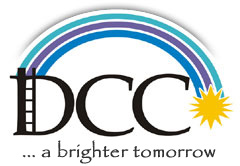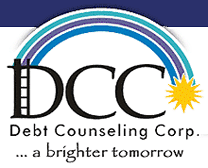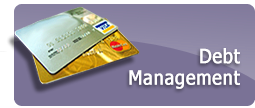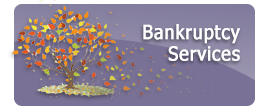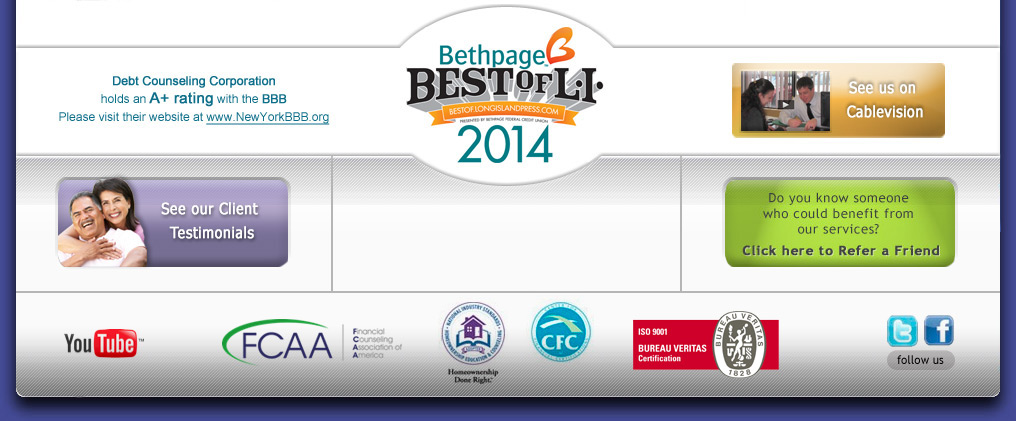Saving Money For a Rainy Day
It’s not as hard as you think.
For those of us that find it extremely difficult just making ends meet, how can we possibly manage to have savings for a rainy day? The fact is, there are pretty simple and relatively painless ways to save money.
Here’s how:
- Pay yourself first – No matter how much money you have, you can always squeeze out a few dollars to put away for savings. This should be the first thing you do when you get paid, even before you pay any of your bills.
- Track your spending – Use a spending log and write down every single penny you spend over the course of a week or two. Even if you buy a newspaper, gum or a can of soda, write it down. This will help you see where your money is going and how you can cut back. Then put that money aside and save it.
Here are a few simple tips to help you save:
- Bring your lunch to work or school and save the money that you would have spent on buying it.
- Redeem soda cans and bottles.
- At the end of the day take the spare change from your pockets and put it in a jar. Do not use a coin machine to redeem your coins for dollars as they charge a fee.
- Shut the lights when you leave a room.
- Bundle up for bed instead of raising the heat.
- In the summer, use fans instead of air conditioning.
- Learn to do simple repairs in your house by reviewing “Fix it” books in the library.
- Do your own painting.
- Give up extra phone options like call waiting to lower your bill.
- Reduce your cell phone use. We all survived before there were cell phones!
- Clip coupons.
- Cook from scratch instead of buying expensive prepared meals.
- Buy generics instead of brand names.
- Car pool whenever possible to save on gas.
- Use clothing that doesn’t require dry cleaning.
- Hang clothes to dry instead of using the dryer.
- Stop expensive vices like smoking and alcohol.
- See a matinee instead of an evening movie.
- Give yourself your own manicures at home.
- Set a clear and reasonable allowance for yourself and stick to it.
Where You Should Keep the Money You Save:
- Savings Accounts – usually include low or no monthly fees, money accrues interest and you can transfer funds between your checking and savings account.
- Checking Accounts – are used as a way to pay your bills. If after paying your bills you have leftover money, be sure to transfer that leftover money to a savings account. Somehow leftover money in a checking account always seems to mysteriously get spent!
- Certificate of Deposit (CD) – are interest-bearing accounts that typically yield more interest than a savings account. But the funds are unavailable for a specified period of time. When the time expires you get your money plus any accrued interest.
- Retirement Accounts – 401(k) and 403(b) tax free savings accounts are typically instituted by your employer where they may match all or part of your contributions. IRA or Individual Retirement Accounts are opened by the individual through a local bank or lending institution and money deposited will accrue interest.
- Money Market Fund (MMF) – deposits in these funds typically yield 1.2% interest and you can have access to your funds immediately. MMFs are not issued by the government.
- U.S. Savings Bonds – can yield about 3-4% interest. Minimum deposits can be as low as $25 or $50. You can have immediate access to your money after the first 3 months but you will lose 3 months worth of interest.
This is a secure website - your information will be encrypted. Click on the image below for more security information.
